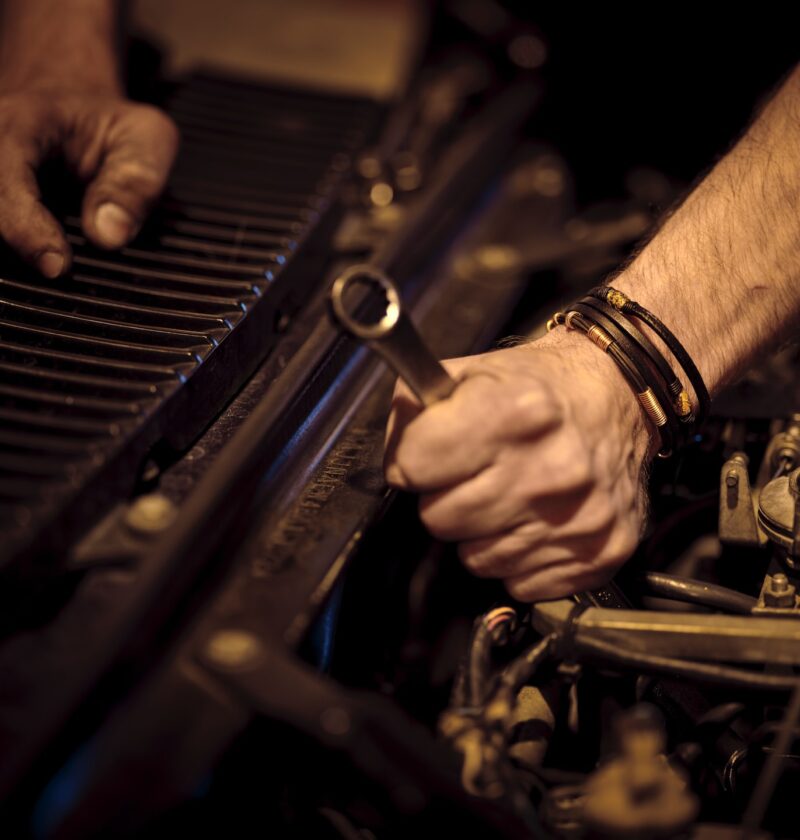Your brake light goes out, debris on the freeway strikes your windshield hard enough to crack it, or you’re stranded by the side of the road waiting for a tow to the nearest auto shop.
No matter how good of a driver you are, you can’t prevent these unexpected car issues. Sooner or later, even the best drivers run into bad luck. How would you handle a surprise visit to the repair shop?
AAA Study Shows Most People Can’t Afford Unexpected Repairs
According to an American Automotive Association (AAA) study, 64 million drivers can’t cover an unexpected repair of $500 or more. That puts roughly one-third of car owners in a tight spot when they run into surprise car trouble.
How would you handle a $500 repair? Without savings, you might have to put essential repairs on credit to get back on the road. A line of credit backs up your emergency savings when they aren’t enough to cover your full auto bill.
If you don’t already have a line of credit, check out a website like MoneyKey to see what you need to apply. If approved, your line of credit will typically remain open so long as you keep paying off your balance. This way, your line of credit can stand in for emergency savings any time an unexpected repair surprises you and your budget.
What Can You Do to Rely on Credit Less Often?
Ideally, you’ll leave your line of credit as a just-in-case safety net while you pay for repairs on your own dime. Luckily, small changes to the way you approach your budget and your vehicle’s maintenance can help you rely on a line of credit less often.
Start an Emergency Automotive Fund
The AAA recommends saving $50 each month for the unexpected. This amount goes above and beyond what you sock away for routine maintenance.
Over a year, you’ll save $600 to use on unexpected issues as they crop up. If you’re lucky, you won’t encounter car trouble for many years, so you’ll save even more.
Ask for a Repair Estimate
Another tip from the AAA is to get your repair estimate in writing. This way, you’ll get a good idea of how much repairs will cost before you commit to any mechanic in particular. You can take your car to another auto shop and compare prices.
Don’t Skip Routine Maintenance
If you’re short on cash, you might invest in routine maintenance. It may seem like a waste of money if you can still drive safely while ignoring a check engine light or unusual sound. However, getting these issues checked early can help you fix them when they’re still small before they turn into something expensive.
Talk Negotiations
With one-third of drivers unable to afford a $500 repair, you wouldn’t be the only person to struggle with paying for unexpected work. An experienced mechanic may be sympathetic to your plight, so talk to them about your situation.
Depending on the issue, your mechanic may be able to make patch repairs until you get the cash you need. They may also be willing to set up a payment plan that defers your due date or lets you pay off your bill in smaller chunks.
Prepare Today for Tomorrow’s Breakdown
As your car gets older, it will need repairs more often. Take on these changes to help you prepare for these issues, whatever they may be.






